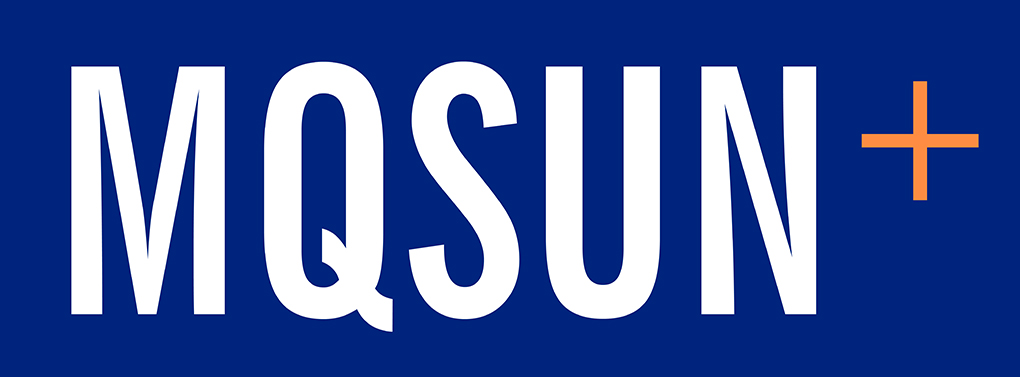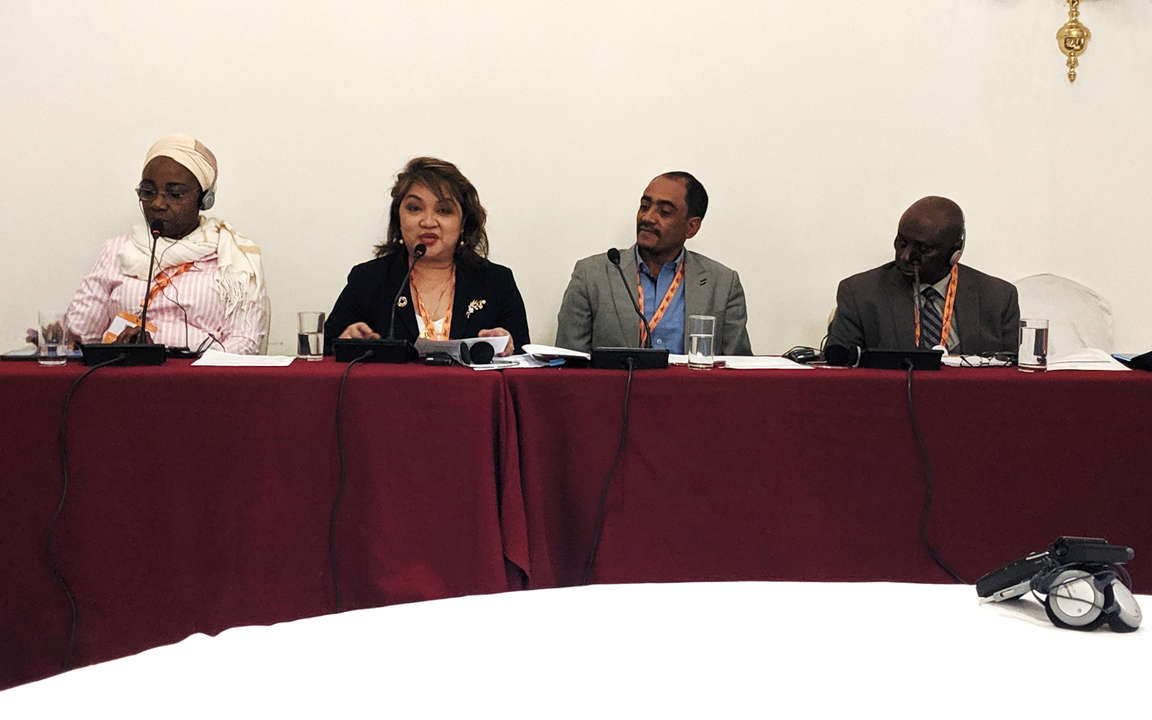The 2019 SUN Global Gathering in Kathmandu, Nepal—which took place from 4 to 7 November—highlighted a growing interest in the role that technical assistance (TA) can play to support SUN countries in taking forward their national nutrition agendas. This year, for the first time, there was a specific session at the Global Gathering dedicated to discussing the role of technical assistance in the SUN Movement. Organised by the Technical Assistance for Nutrition (TAN) partners—the SUN Movement Secretariat, MQSUN+, Nutrition International and the Emergency Nutrition Network—the session featured a panel discussion with SUN Government Focal Points from Guinea, Yemen and the Philippines, followed by Q&A and interactive table discussions. From the panel and table discussions, key takeaways emerged around what SUN countries see as critical for effective TA and where TA needs are unmet within the SUN Movement.
1. Institutionalising capacity building
As technical assistance providers, we all strive to build capacity throughout the TA; however, within the session, there was a call to further institutionalise capacity building for nutrition planning and implementation. Two key points in relation to this emerged from the discussion. First, there was an expressed need to link technical assistance with local academic institutions. Several participants noted a desire to strengthen the link to the academic networks in their countries—emphasising the role these institutions can play in research and systematic interventions to build capacity. TA providers could serve a unique role in partnering and encouraging engagement with academic institutions throughout TA provision and thus multisectoral nutrition planning and implementation. Second, there was general agreement that a core focus of TA should be around transferring knowledge and building country capacity by working closely with national stakeholders and consultants throughout the TA process.
2. Delivering TA that is catalytic to implementation
Echoed by many participants was a call for TA to be catalytic to the implementation process. Specifically, a key aspect of the national planning process should be supporting countries to consider and prepare for addressing implementation challenges. Some participants also noted that technical assistance to SUN countries needs to move beyond the planning stage, including to support implementation and evaluation efforts.
There was also an urge from SUN countries for TA providers to collaborate whenever possible with local stakeholders when providing guidance. While countries noted their appreciation for TA support in navigating the process of operationalising their plans, there was consensus that leadership for nutrition planning and action should stay with SUN countries for accountability and sustainability.
3. Moving TA beyond national planning
TA to SUN countries to date has largely been centred around national nutrition planning. In recognition of the next phase of the SUN Movement, a core focus of the session was to discuss technical assistance needs at the subnational level, and if the same TA model at the national level holds for subnational needs. Several countries particularly recognised advocacy and capacity building as key aspects of TA needed to support subnational-level planning and implementation. As noted by one participant: “[we] need an army to build capacity of a large number of people [for implementation]”. In terms of an effective TA model, one group emphasised the importance of national, or at least regional, TA teams to lead and/or guide subnational technical assistance provision—especially given the intricacies of individual SUN countries’ subnational structures.
4. Strengthening resource mobilisation efforts
Beyond current technical assistance, there was an existing recognised challenge around mobilising resources for implementation. One country participant noted that donors often fund multisectoral nutrition planning but not its implementation. Perhaps embedded in this expressed gap is another opportunity for TA around advocacy and communications to support resource mobilisation both within SUN country governments and with external sources. Another key point made by country participants was that, when implementation resources are mobilised by donors, it is important that they are aligned with national nutrition priorities in order to support national ownership and accountability for nutrition action.
5. Providing flexible and government-owned TA
Through our seven years of experience providing TA for nutrition, MQSUN+ has learned a lot about collaborating with SUN countries to support successful technical assistance—which is reflected in a recently released technical brief on our technical assistance. This Global Gathering session echoed many of the sentiments MQSUN+ has learned from our experience in working across SUN countries in terms of what works well in a TA mechanism.
In the session, key points of particular note were around transferring knowledge and capacity building, fostering government ownership and a need for a flexible and adaptive approach to TA. Participants also recognised a need for an informed and transparent TA planning process—one that involves all key national stakeholders (not just the SUN Focal Point) and is informed by the specific country situation, priorities and capacity. In one table discussion, participants highlighted the importance of periodic reviews of the TA process and progress to resolve issues and adapt to changing needs. Emphasis on government ownership throughout the TA process was also noted throughout the session—particularly on the importance of ensuring the government has approved the TA work plan and team and that a clear handover process is in place prior to the end of TA support to ensure continued progress and sustainability.
This blog was written by Amanda Coile, MQSUN+ Technical Manager, from her perspectives attending the Global Gathering and facilitating the table discussions during the technical assistance session.





